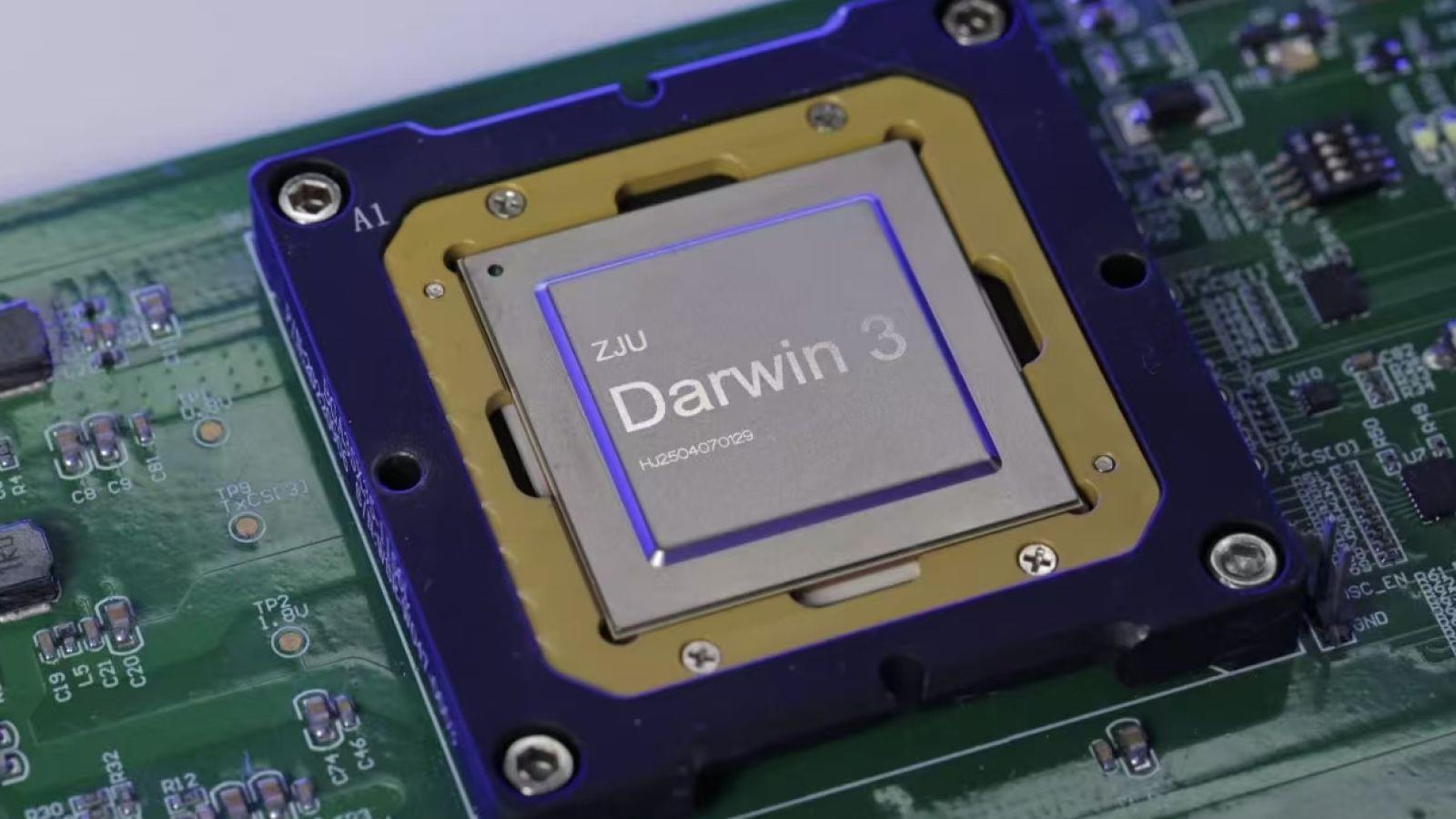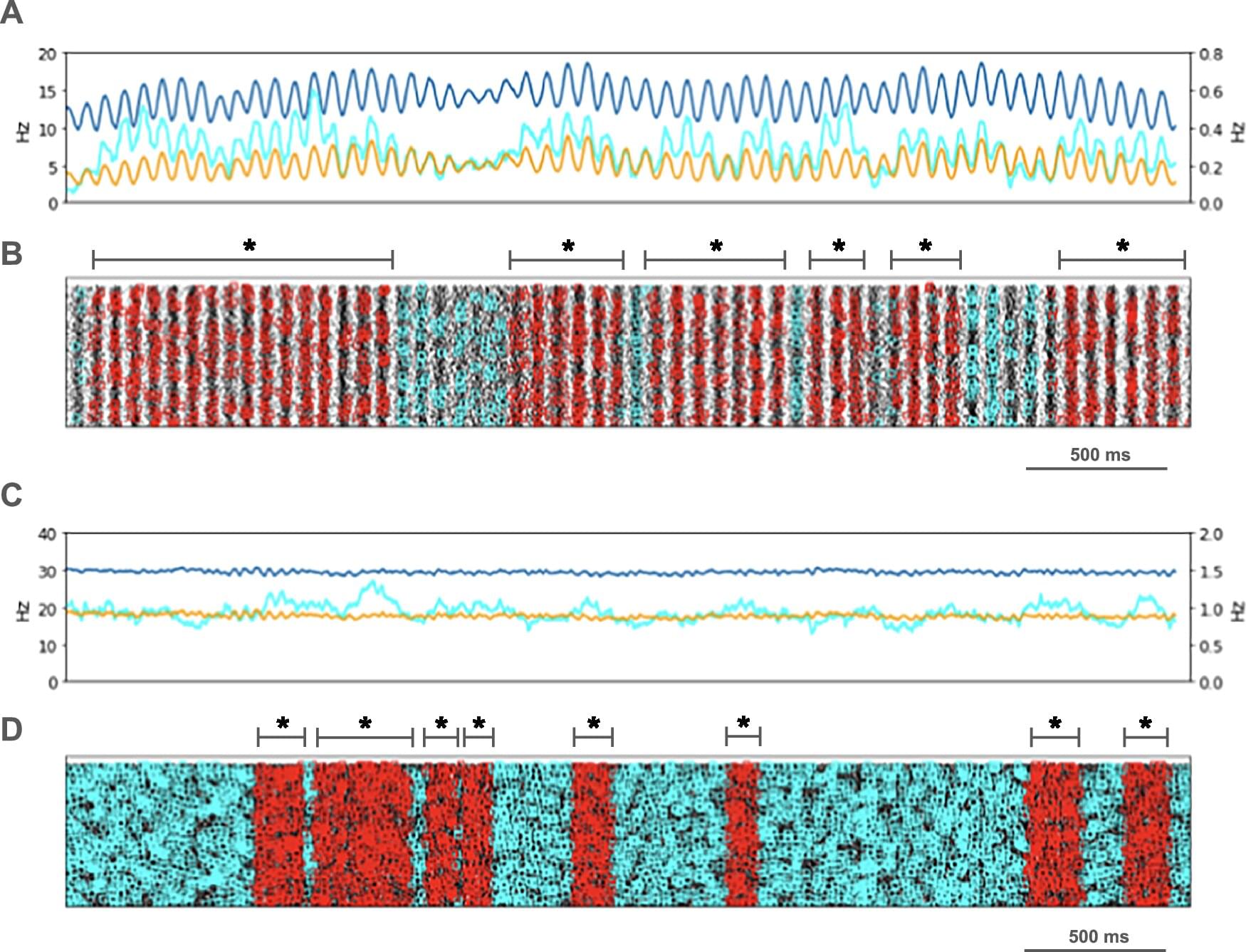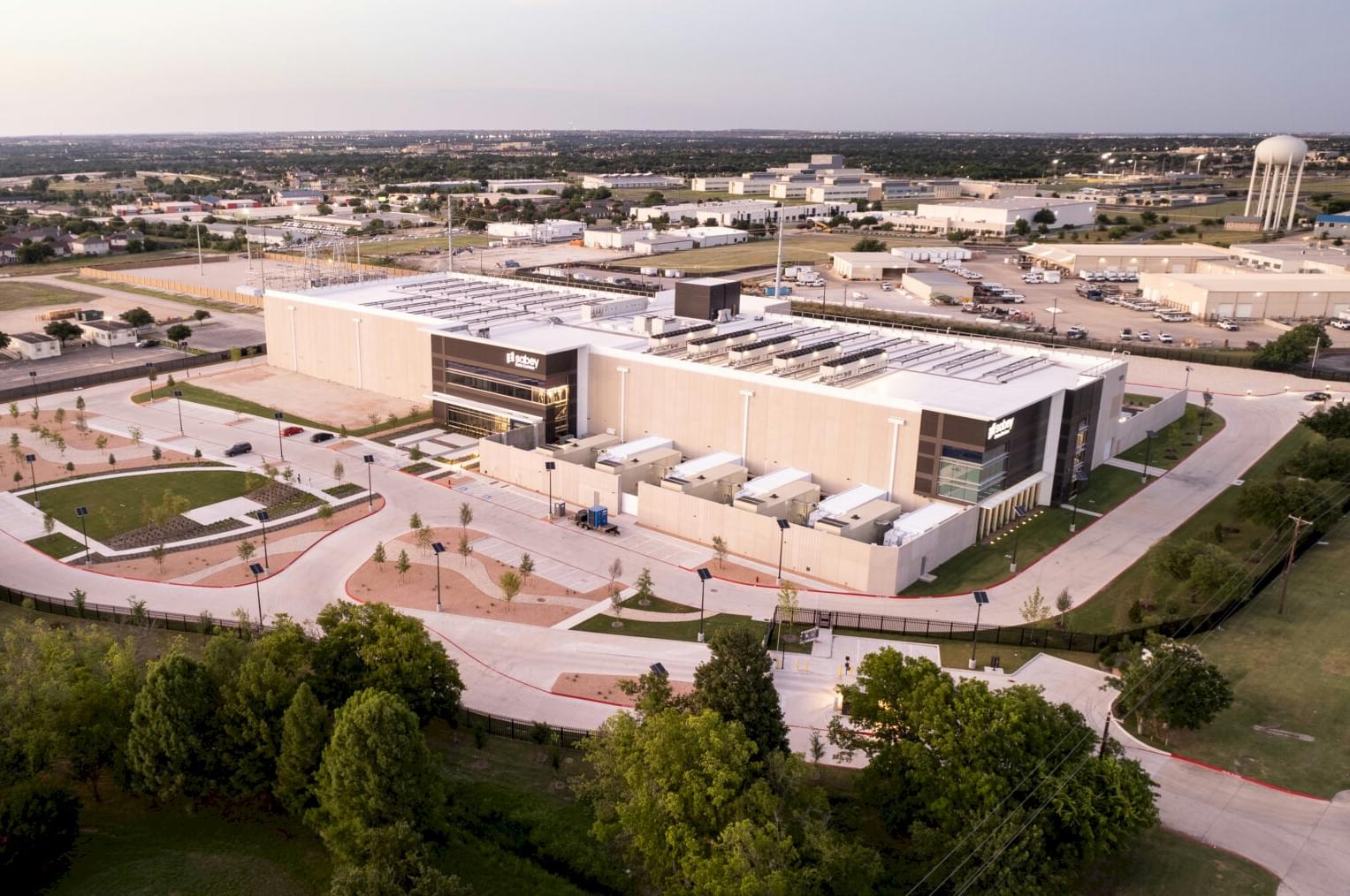🧠 VIDEO SUMMARY:
CRISPR gene editing in 2025 is no longer science fiction. From curing rare immune disorders and type 1 diabetes to lowering cholesterol and reversing blindness in mice, breakthroughs are transforming medicine today. With AI accelerating precision tools like base editing and prime editing, CRISPR not only cures diseases but also promises longer, healthier lives and maybe even longevity escape velocity.
0:00 – INTRO — First human treated with prime editing.
0:35 — The DNA Problem.
1:44 – CRISPR 1.0 — The Breakthrough.
3:19 – AI + CRISPR 2.0 & 3.0
4:47 – Epigenetic Reprogramming.
5:54 – From the Lab to the Body.
7:28 – Risks, Ethics & Power.
8:59 – The 2030 Vision.
👇 Don’t forget to check out the first three parts in this series:
Part 1 – “Longevity Escape Velocity: The Race to Beat Aging by 2030″
Part 2 – “Longevity Escape Velocity 2025: Latest Research Uncovered!“
Part 3 – “Longevity Escape Velocity: How AI is making us immortal by 2030!”
📌 Easy Insight simplifies the future — from longevity breakthroughs to mind-bending AI and quantum revolutions.
🔍 KEYWORDS:
longevity, longevity escape velocity, AI, artificial intelligence, quantum computing, supercomputers, simplified science, easy insightm, CRISPR 2025, CRISPR gene editing, CRISPR cures diseases, CRISPR longevity, prime editing 2025, base editing 2025, AI in gene editing, gene editing breakthroughs, gene therapy 2025, life extension 2025, reversing aging with CRISPR, CRISPR diabetes cure, CRISPR cholesterol PCSK9, CRISPR ATTR amyloidosis, CRISPR medical revolution, Easy Insight longevity.
👇 JOIN THE CONVERSATION:







